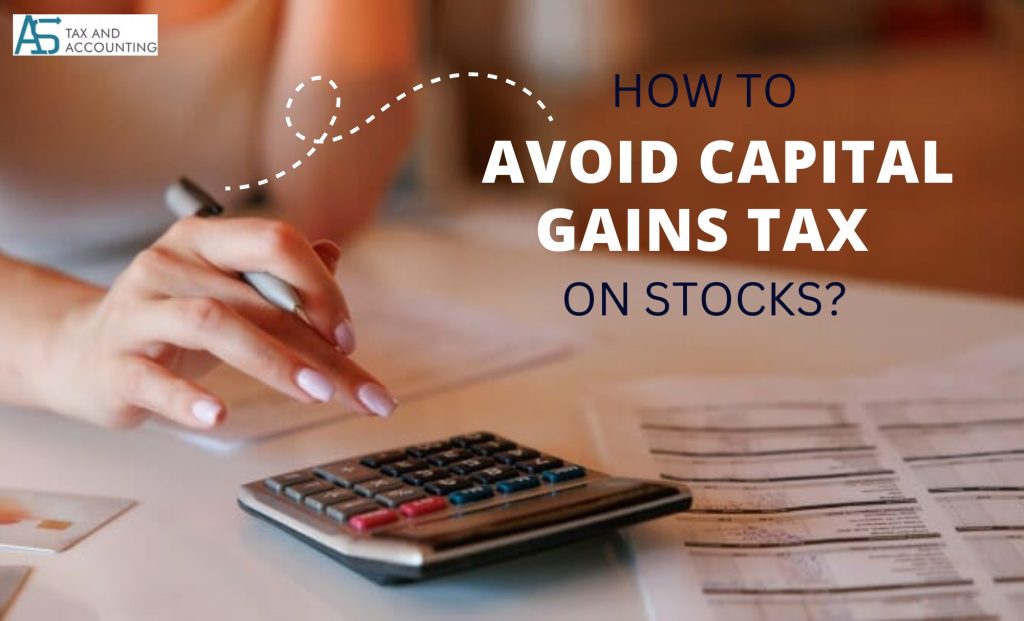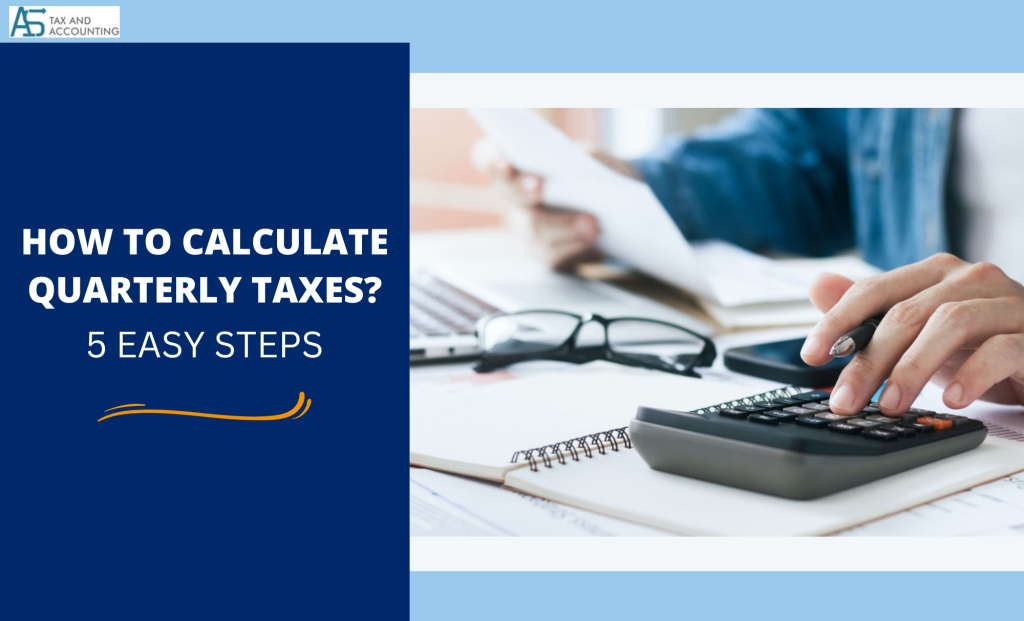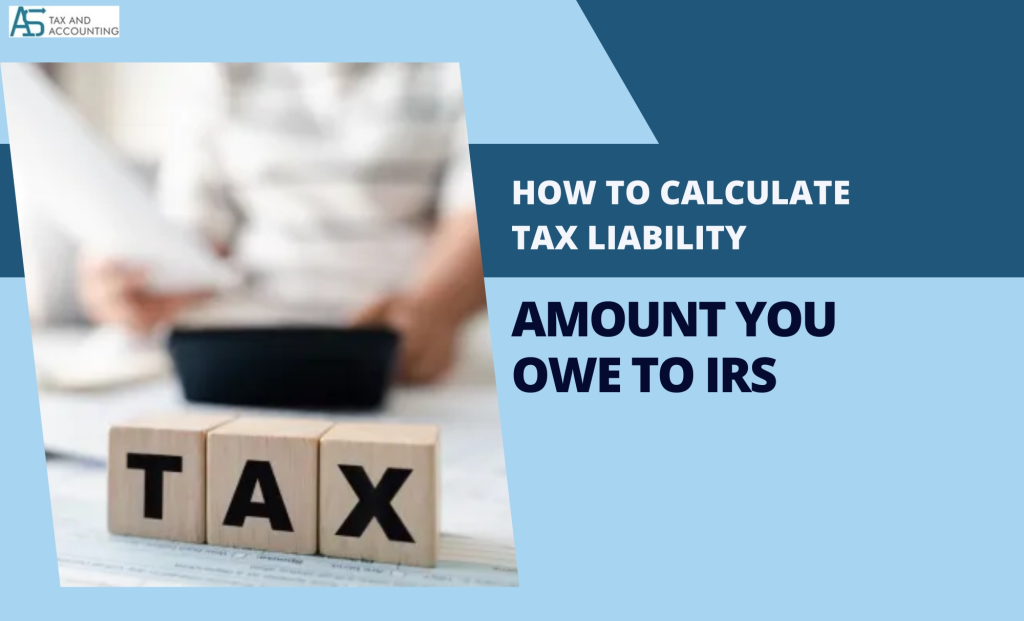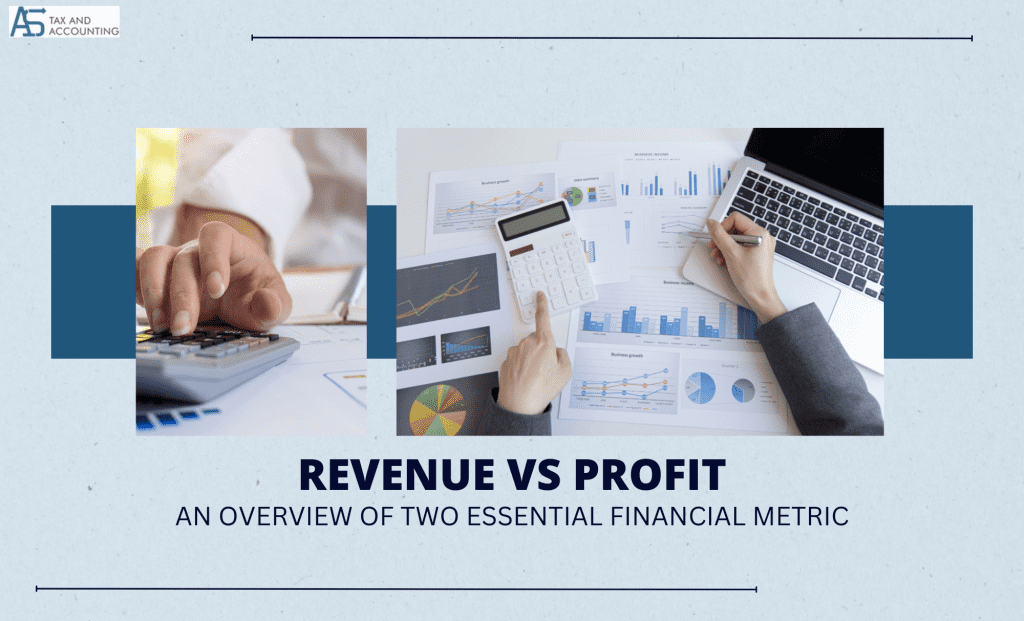Everything you own is an asset for you, and when you use it for investment purposes, it will count as a capital asset. It may be your home, business, machines, or stocks. In this post, we will talk particularly about the capital gains tax on stocks. Whenever you sell your stock or bonds for more than their original value, there will be a capital gain. Due to gain, you will be liable to pay taxes on it. However, how capital gains taxes will be applied depends on the duration of the share in the market.
AS Tax and accounting will also discuss the taxation system for capital gains and share a few tips to minimize the impact of taxes on your capital gains. But let’s first discuss what capital gains are.
What is Capital Gains Tax on Stocks?
What the IRS refers to as “capital assets” are subject to capital gains taxes. There are tax repercussions associated with selling capital goods like stocks or mutual funds. Capital gains tax is a type of tax on investment income that has different regulations than regular income taxes. You do not owe taxes on the sale if you make a loss on it. As a result, a capital gain on stocks you own would be the profit you make over the price you paid for the shares.

However, you still be thinking about how capital gains tax on stocks sale work. How to calculate them? Understanding the concept will help you to save taxes on your investment profits.
Long-Term vs. Short-Term Capital Gains
You might find that the most basic tax query relating to income from investments is this one. Depending on how long you had the asset before selling it will decide the taxation rate on the capital gain.
Long-term and short-term capital gains are categorized and taxed differently. A tax on profits from the sale of an asset held for one year or less is known as a short-term capital gains tax on stocks. Your federal income tax rate is equivalent to the short-term capital gains tax rate.
On the other hand, when you hold a stock for more than a year and sell it for more value, then capital gains will be long-term. There will be long-term capital gain taxes on stocks. The tax bracket is lower than short-term capital tax rates.
How Do Capital Gains Taxes Work?
The difference between the price you paid for your asset or piece of property and the price you received after a sale decides the capital gains. However, it is taken into an assumption that the sale doesn’t occur in a tax-protected account such as 401(k). If you are wondering “how capital gains tax works,” then here is a step-by-step process.
Discover the basis
It is equal to the price of purchasing plus any commissions or fees. If you have dividends on equities after reinvestment, then it will increase your basis.
Establish your realized amount
After the sale of the stock, subtract the commissions. It will be your realized amount.
Calculate the difference
Now, in the next step, you will have to calculate the difference by deducting your basis from the realized amount.
- You have a capital loss if you sell your assets for less than you bought for them.
- You have a capital gain if you sell your assets for more money than you bought for them.
Determine the tax rate
At last, you will have to determine the applicable tax rate. You should be aware of how much of your investment returns go to the government. The tax rate depends on the gained amount.
If you have experienced both capital gains and losses on both short-term and long-term investments, the computation becomes slightly more difficult.
It is a best practice to calculate short-term gains and losses separately from long-term gains and losses. Add the short-term gains and then the losses to find out the overall profits. A net short-term gain or loss is created by balancing the short-term gains and losses. The long-term gains and losses are handled in the same way.
Tax Bracket for Capital Gain on Stocks
We have already mentioned earlier that tax rates depend on long-term and short-term gains. Moreover, individuals and corporations are both subject to capital gains tax. The IRS has rolled out the following tax bracket for the financial year 2022. This rate is applicable for tax filing in April 2023 and October 2023.
For the Year 2022
| Tax-filing status | 0% rate | 15% rate | 20% rate |
| Head of household | $0 to $55,800. | $55,801 to $488,500. | $488,501 and above. |
| Single | $0 to $41,675. | $41,676 to $459,750. | $459,751 and above. |
| Married, filing separately | $0 to $41,675. | $41,676 to $258,600. | $258,601 or more. |
| Married, filing jointly | $0 to $83,350. | $83,351 to $517,200. | $517,201 or more. |
Here are the capital gain tax rates for the financial year 2023-24. The change in the amount value is due to inflation.
For the Year 2023
| Tax-filing status | 0% rate | 15% rate | 20% rate |
| Head of household | $0 to $59,750. | $59,751 to $523,050. | $523,051 or more. |
| Single | $0 to $44,625. | $44,626 to $492,300. | $492,301 or more. |
| Married, filing separately | $0 to $44,625. | $44,626 to $276,900. | $276,901 or more. |
| Married, filing jointly | $0 to $89,250. | $89,251 to $553,850. | $553,851 or more. |
It is to be noted that the maximum rate of taxation on the taxable portions of the sale of certain small business stocks is 28%.
How to Minimize Capital Gain Tax on Stocks?
Everyone wants to save money on capital gain taxes. Here are a few tips that AS Tax and Consulting suggest businesses and individuals perform to gain profit on taxes.
If you are looking to reduce your taxes, get a Tax Accountant Service from AS Tax and Accounting. We provide dedicated and transparent service and keep your business tax compliant.

Sell Your Stocks After Longer Duration
You can benefit from lower capital gains tax rates on stocks if you keep the asset for longer than a year. On the other hand, taxes from selling stocks in less than a year result in higher tax rates.
Tax Advantage Accounts
Another way to save on trading stock taxes is by using tax advantage accounts. It includes 401(k) plans, 529 college savings accounts, and Roth IRAs. In this, assets grow tax-free or with a tax deferral if you sell investments held within these accounts. Particularly, Roth IRAs and 529 plans offer significant tax benefits.
Rebalance Your Dividends
If you have one strong-performing stock and other underperforming funds, then you can save taxes by investing the dividends into the poor-performing one. It will rebalance your investment and prevent you from selling out good stocks helping you to run it for a long duration.
Make a Loss Claim
Your annual investment returns can be reduced by up to $3,000 for investment losses. You can reduce your tax burden by selling a losing investment you bought before the year is out.
Don’t Purchase Back Losing Investments
Avoid buying a lost investment back immediately after the start of the year if you sold it to benefit from a tax break. The IRS may fine you if you do it within 30 days of selling.
However, if you cannot determine the capital gains tax on stocks sale, you can consult with AS Tax and Accounting. Our qualified experts will also guide you to lower your capital gains tax obligations on real estate in New York ethically.
Frequently Asked Questions
Whenever you sell your stock, mutual funds, or shares, then you are liable to pay taxes on the profits. The tax rate and amount bracket will be according to the upcoming tax year.
Individual taxpayers, for instance, won’t pay any capital gains tax in 2022 if their total taxable income is $41,675 or less. However, if their income is between $41,676 and $459,750, they must pay 15% on capital gains. When the income increases beyond that, then the rate increases to 20%.
Your basis is the price you paid for the asset. This “basis” in the asset is typically deducted from the value you receive when you sell or exchange a capital asset to determine your taxable capital gain. For example, if you bought stock for $100 and sold it for $250, your capital gain is $150.
If you fail to pay the taxes on your investment profits on stocks, then IRS will charge a fine. You may also have to pay more penalty amount than your earned interest. Negligence of it may also land you in jail.
- Author Details
- Latest Posts

I am Billie wilson, a financial analyst who loves to share knowledge. I believe that everyone deserves the opportunity to succeed and so I guide people in their journey to financial growth




